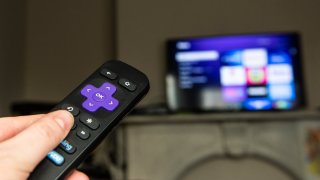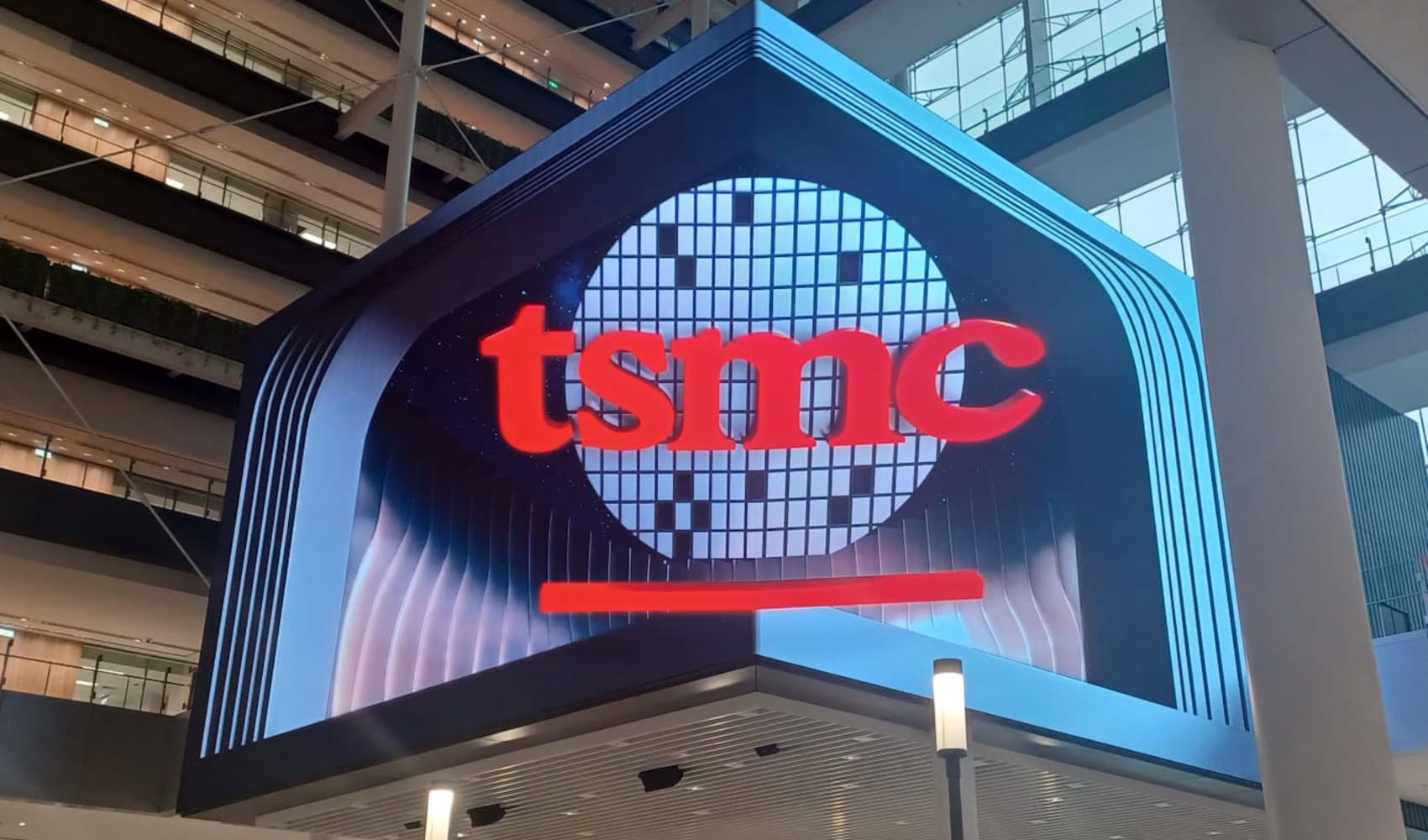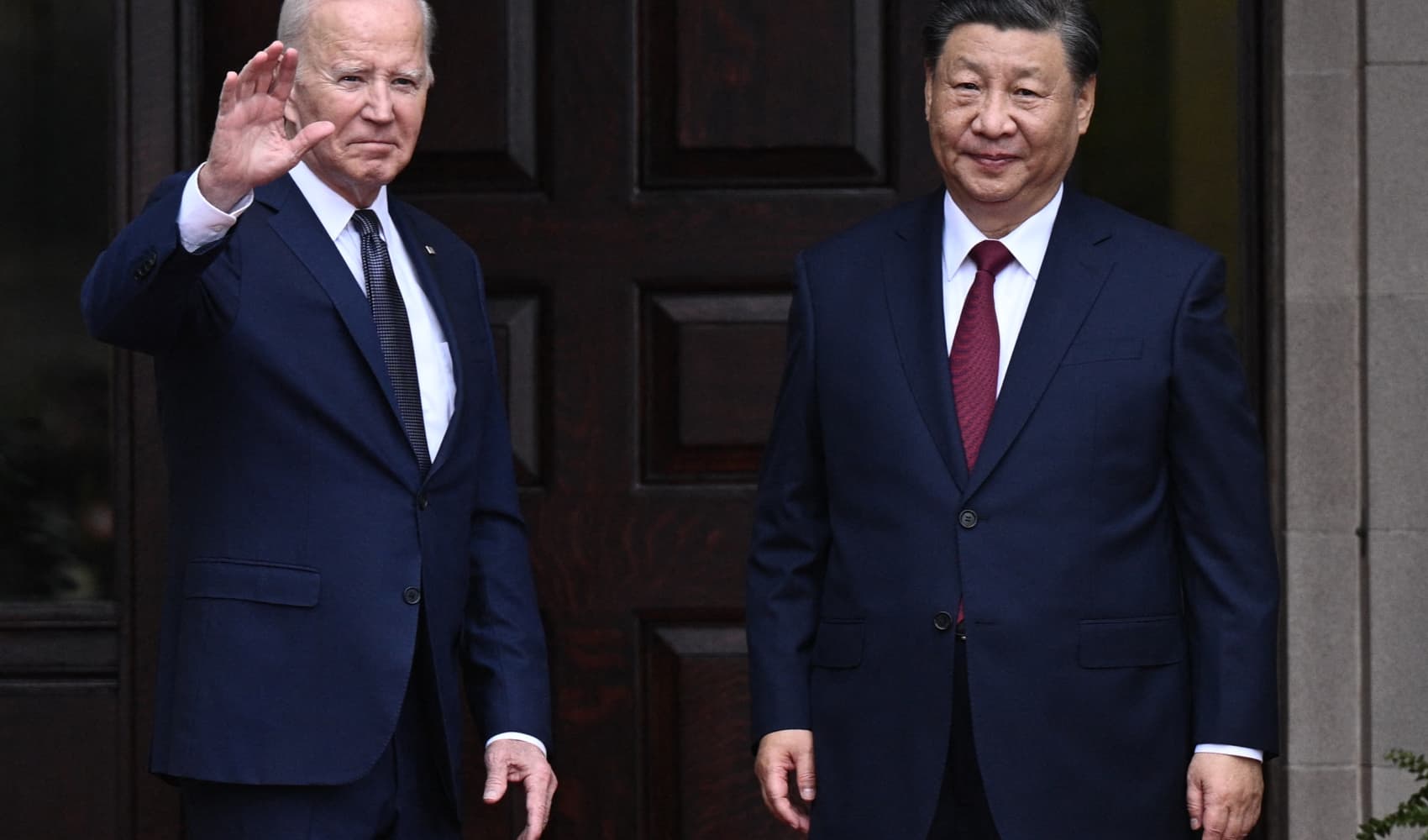
- Roku has reached a multiyear agreement with Google to keep YouTube and YouTube TV on its streaming platform.
- Financial terms of the deal weren't disclosed.
- Google had previously threatened to pull YouTube and YouTube TV from Roku on Dec. 9.
Roku stock closed up 18% on Wednesday after it said it had reached a multiyear agreement with Google to keep YouTube and YouTube TV on its streaming platform.
The deal will allow the 56.4 million active Roku accounts to continue to watch YouTube and YouTube TV, Google's livestreaming service, without disruption.
Google had previously threatened to pull both YouTube and YouTube TV off Roku on Dec. 9. The carriage fight caught the attention of Congress, which has been attempting to rein in the power of big technology companies like Google.
Get San Diego local news, weather forecasts, sports and lifestyle stories to your inbox. Sign up for NBC San Diego newsletters.
"We're happy to share that we've reached a deal with Roku to continue distributing the YouTube and YouTube TV apps on Roku devices," said Mariana De Felice, a YouTube spokesperson. "This means that Roku customers will continue to have access to YouTube and that the YouTube TV app will once again be available in the Roku store for both new and existing members. We are pleased to have a partnership that benefits our mutual users."
The agreement avoids a YouTube blackout, which could have led to significant customer defections for Roku. Competitors such as Amazon Fire TV and Apple TV carry YouTube.
"Roku and Google have agreed to a multi-year extension for both YouTube and YouTube TV," Roku said in a statement. "This agreement represents a positive development for our shared customers, making both YouTube and YouTube TV available for all streamers on the Roku platform."
Money Report
Terms of the agreement weren't disclosed.
The negotiation between Roku and YouTube became contentious over both parties' need for advertising revenue. Roku asks for a percentage of advertising inventory to sell to its customers in each carriage deal it negotiates. YouTube, the second-most-visited website in the world, dominates streaming viewing and has the popularity to push back on Roku's demands. Roku claimed Google required it to preference YouTube content over that of other providers in the company's search results.
"For too long, the big tech platforms have leveraged their power to preference their products and services over those of thousands of smaller online businesses," Sen. Amy Klobuchar, D-Minn., said in an October statement supporting Roku. "They have said 'just trust us,' but experience has shown that we can't rely on these companies to act fairly in the marketplace."
Still, Roku has developed a reputation as a difficult negotiator. It reached agreements with NBCUniversal's Peacock and WarnerMedia's HBO Max months after each streaming application launched publicly.
Disclosure: NBCUniversal is the parent company of NBC and CNBC.






